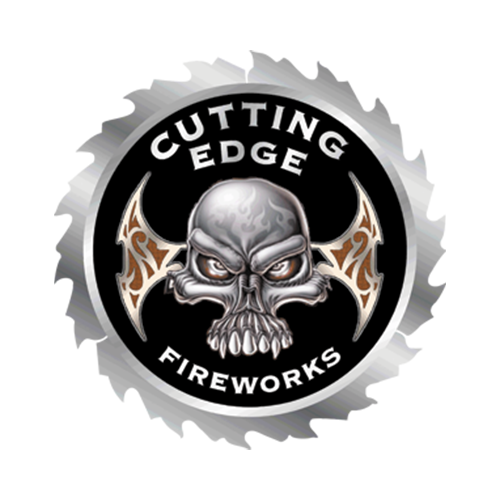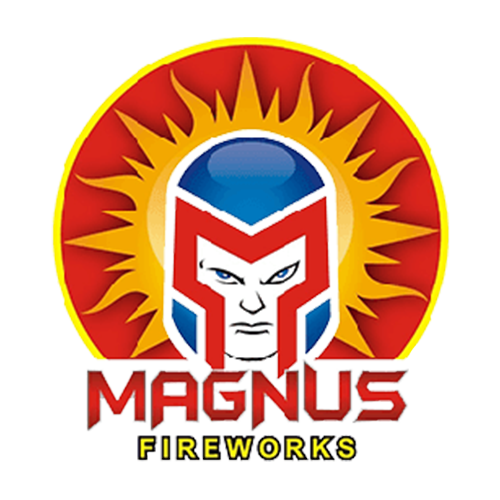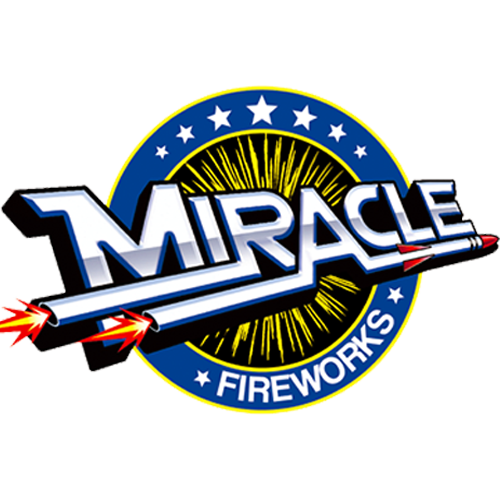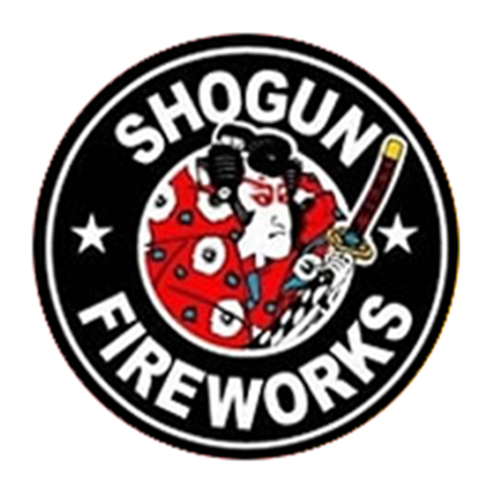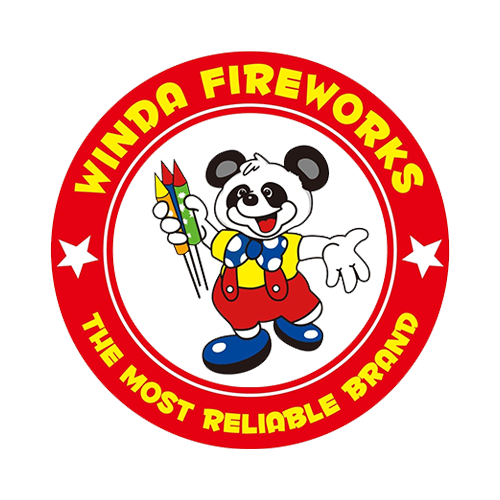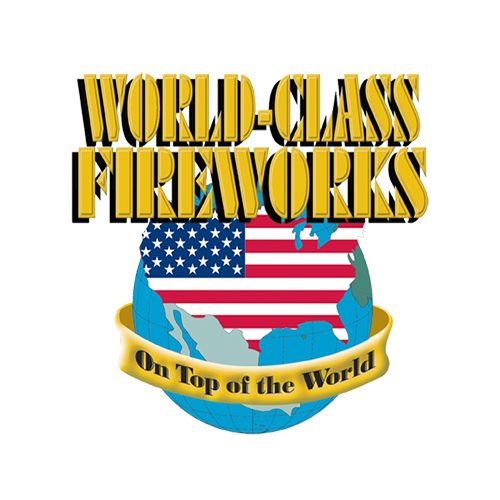MARYLAND
§10-101. Definitions
(a) In general. In this title the following words have the meanings indicated.
(b) 1.3 G fireworks.
(1) “1.3 G fireworks” means special fireworks designed primarily to produce visible or audible effects by combustion or explosion.
(2) “1.3 G fireworks” includes:
(i) toy torpedoes, railway torpedoes, firecrackers and salutes that do not qualify as 1.4 G fireworks, exhibition display pieces, illuminating projectiles, incendiary projectiles, and incendiary grenades;
(ii) smoke projectiles or bombs containing expelling charges but without bursting charges;
(iii) flash powders in inner units not exceeding 2 ounces each, flash sheets in interior packages,
and flash powder or spreader cartridges containing an amount not exceeding 72 grains of flash powder each; an
(iv) flash cartridges consisting of a paper cartridge shell, small arms primer, and flash composition, not exceeding 180 grains, all assembled in one piece.
(c) 1.4 G fireworks.
(1) “1.4 G fireworks” means common fireworks designed primarily to produce visible effects by combustion.
(2) “1.4 G fireworks” includes:
(i) small devices containing less than 2 grains of pyrotechnic composition designed to produce an audible effect;
(ii) Roman candles, not exceeding 10 balls, that have a total pyrotechnic composition not exceeding 20 grams and inside tube diameter not exceeding 3/8 inch;
(iii) sky rockets with sticks, that have a total pyrotechnic composition not exceeding 20 grams and an inside tube diameter not exceeding 1/2 inch;
(iv) helicopter-type rockets that have a total pyrotechnic composition not exceeding 20 grams and an inside tube diameter not exceeding 1/2 inch;
(v) wheels that have a total pyrotechnic composition not exceeding 60 grams for each driver unit or 240 grams for each wheel and an inside tube diameter of driver units not exceeding 1/2 inch;
(vi) illuminating torches and colored fire in any form that have a total pyrotechnic composition not exceeding 100 grams each;
(vii) dipped sticks that have a pyrotechnic composition containing any perchlorate not exceeding 5 grams;
(viii) mines or shells in which the mortar is an integral part, that have a total pyrotechnic composition not exceeding 40 grams;
(ix) firecrackers or salutes with casings that have a total pyrotechnic composition not exceeding 2 grains each and external dimensions not exceeding 1 1/2 inches in length or 1/4 inch in diameter; and
(x) novelties that consist of two or more 1.4 G fireworks.
(d) Explosive composition. “Explosive composition” means a mixture or substance that, when ignited, may cause such a generation of highly heated gases that the resulting gaseous pressures are capable of producing destructive effects on contiguous objects.
(e) Finishing and assembling building. “Finishing and assembling building” means a structure in which fireworks are assembled and packed but are not mixed or pressed.
(f) Fireworks.
(1) “Fireworks” means combustible, implosive or explosive compositions, substances, combinations of substances, or articles that are prepared to produce a visible or audible effect by combustion, explosion, implosion, deflagration, or detonation.
(2) “Fireworks” includes 1.3 G fireworks, 1.4 G fireworks, firecrackers, squibs, rockets, Roman candles, fire balloons, and signal lights.
(3) “Fireworks” does not include:
(i) toy pistols, toy canes, toy guns, or other devices that use paper caps that contain 0.25 grains or less of explosive composition if the devices are constructed so that a hand cannot touch the cap when the cap is in place for use;
(ii) toy pistol paper caps that contain less than 0.20 grains of explosive composition;
(iii) sparklers that do not contain chlorates or perchlorates;
(iv) ground-based sparkling devices that are nonaerial and nonexplosive, and are labeled in accordance with the requirements of the U.S. Consumer Product Safety Commission;
(v) paper wrapped snappers that contain less than 0.03 grains of explosive composition; or
(vi) ash-producing pellets known as “snakes” that do not contain mercury and are not regulated by the U. S. Department of Transportation.
(g) Fireworks plant.
(1) “Fireworks plant” means land and any building on the land used in connection with the manufacture, packaging, repackaging, or processing of fireworks.
(2) “Fireworks plant” includes a storage building used in connection with plant operation.
(h) Mixing building. “Mixing building” means a building primarily used to mix and blend pyrotechnic composition other than wet sparkler mixes.
(i) Press building. “Press building” means a building used primarily for pressing or loading pyrotechnic composition into tubes or containers.
(j) Pyrotechnic composition. “Pyrotechnic composition” means a chemical mixture that on burning and without explosion produces visible or brilliant displays, bright lights, or whistles.
§10-102. Scope of title
(a) In general. This title does not apply to:
(1) the sale, possession, or use of fireworks to or by the federal government or a state or a political subdivision of a state;
(2) the sale, possession, or use of a combustible or explosive preparation to or by an industrial or commercial business for use as a signal or otherwise in the normal course of business;
(3) the possession or use of a fusee, railroad torpedo, rocket, Very signal cartridge, or other signal device that is essential to and is kept and used to promote safety in the operation of a
motor vehicle, boat, railroad, or aircraft;
(4) the use of a flare, signal pistol, or other equipment if used as a signal in an athletic contest or for a similar purpose; or
(5) subject to the terms and conditions of a permit issued by the State Fire Marshal under subsection (b) of this section, the sale, possession, or use of an explosive device or preparation with a slow-burning fuse rope to or by a farmer for controlling destructive animals.
(b) Permits for controlling destructive animals. The State Fire Marshal or a State game warden as a representative of the State Fire Marshal may grant a nontransferable permit to a farmer to use an explosive device or preparation described under subsection (a)(5) of this section for controlling destructive animals.
§10-103. Authority to grant permits to discharge fireworks
(a) In general. Subject to subsections (b) and (c) of this section, the State Fire Marshal may issue a permit to authorize the discharge of fireworks in a place where the discharge of fireworks is legal.
(b) Findings required by State Fire Marshal. The State Fire Marshal shall issue a permit to discharge fireworks only if the State Fire Marshal determines that the proposed discharge of fireworks will:
(1) not endanger health or safety or damage property; and
(2) be supervised by an experienced and qualified person who has previously secured written authority from the State Fire Marshal to discharge fireworks.
(c) Scope of permit. A permit to discharge fireworks:
(1) does not authorize the holder of the permit to possess or discharge fireworks in violation of an ordinance or regulation of the political subdivision where the fireworks are to be discharged; and
(2) does not relieve an applicant for a permit from any requirement to obtain any additional license or authority from the governing body of the political subdivision where the fireworks are to be discharged.
§10-104. Permit to discharge fireworks
(a) Required. A person must have a permit to discharge fireworks as provided by this subtitle before the person:
(1) discharges fireworks; or
(2) possesses fireworks with the intent to discharge fireworks or to allow the discharge of fireworks.
(b) Application. An applicant for a permit to discharge fireworks shall:
(1) apply to the State Fire Marshal for the permit at least 10 days before the date of discharge;
(2) pay to the State Fire Marshal a permit fee of $ 50; and
(3) post a bond with the State Fire Marshal in accordance with § 10-105 of this subtitle.
(c) Late fee. If the State Fire Marshal does not receive the application for a permit required under subsection (b) of this section at least 10 days before the date of the discharge, the State Fire Marshal shall charge the
applicant a late fee of $ 50 in addition to all required fees.
(d) Exemption from fee. The permit fee required under subsection (b)(2) of this section and the late fee required under subsection (c) of this section do not apply to a volunteer fire department or volunteer ambulance and rescue company.
(e) Permit nontransferable. A permit to discharge fireworks is nontransferable.
§10-105. Bond or insurance
(a) In general.
(1) Before issuing a permit to discharge fireworks, the State Fire Marshal shall require an applicant to furnish a surety bond with corporate surety approved by the State Fire Marshal or an approved liability and property
insurance policy.
(2) The State Fire Marshal shall prescribe the amount of the bond or policy.
(3) The bond or policy:
(i) shall be conditioned on the payment of all damages to persons or property caused by the discharge of fireworks described in the permit;
(ii) shall be payable to the State; and
(iii) may be enforced by a person who suffers damage caused by the discharge of fireworks described in the permit by suit filed in the name of the State for the benefit of the person.
(b) Claims. If claims under a bond or policy required under this subtitle are for an amount greater than the penal sum of the bond or amount of the policy, the claims shall be payable pro rata to the amount of the penal sum of the bond or amount of the policy.
§10-106. Workers’ compensation; accident insurance
An applicant for a permit shall provide:
(1) workers’ compensation coverage as required by the Maryland Workers’ Compensation Act; and
(2) for operators not covered by workers’ compensation, approved accident insurance coverage in amounts that the State Fire Marshal prescribes.
§10-107. Inspections and investigations for permits
The State Fire Marshal may deputize the chief or another member of a local fire department or another qualified official to inspect, investigate, and receive applications for permits.
§10-109. Regulations
The State Fire Prevention Commission shall adopt regulations to carry out this subtitle.
§10-110. Prohibited acts
(a) Discharge or possession of fireworks without permit. Unless the person holds a permit issued under this subtitle, a person may not:
(1) discharge fireworks; or
(2) possess fireworks:
(i) with intent to discharge or allow the discharge of the fireworks in violation of this subtitle; or
(ii) for the purpose of disposing or selling the fireworks to a person for use or discharge without a permit, if a permit is required by this subtitle.
(b) Sale of fireworks without permit.
(1) Except as otherwise provided in this subtitle, a person may not sell fireworks to another person without a permit issued under this subtitle.
(2) (i) A person licensed by the State Fire Marshal under Subtitle 2 of this title may sell or deliver
fireworks to a bona fide distributor, jobber, or wholesaler with a principal place of business in a state where the sale or possession of fireworks is allowed.
(ii) The State Fire Marshal may require a person who is an out-of-state distributor, jobber, or wholesaler to submit a certificate issued by the person’s state of operation that demonstrates authority to buy and receive fireworks.
§10-111. Penalties
(a) Possessing or discharging fireworks in violation of subtitle. A person who possesses or discharges fireworks in violation of this subtitle is guilty of a misdemeanor and on conviction is subject to a fine not exceeding $ 250 for each offense.
(b) Selling fireworks in violation of subtitle. A person who sells fireworks in violation of this subtitle is guilty of a misdemeanor and on conviction is subject to a fine not exceeding $ 1,000 for each offense.
(c) Seizure and forfeiture of fireworks.
(1) At the expense of the owner, the State Fire Marshal shall seize and remove all fireworks possessed or sold in violation of this subtitle.
(2) Fireworks described in paragraph (1) of this subsection shall be forfeited and destroyed.
§10-112. Sale of sparklers and sparkling devices to person under age of 16 years
(a) Prohibited. A person may not sell sparklers or sparkling devices to a person under the age of 16 years.
(b) Penalty. A person who violates this section is guilty of a misdemeanor and on conviction is subject to a fine not exceeding $ 1,000.
§10-113. Registration of distributors or wholesalers of sparklers or sparkling devices
(a) Scope of section. This section applies to a distributor or wholesaler of sparklers or sparkling devices who:
(1) intends to conduct business in the State; or
(2) sells, ships, or assigns for sale in the State the products of the distributor or wholesaler.
(b) Registration required. A distributor or wholesaler shall register annually with the State Fire Marshal on forms the State Fire Marshal provides.
(c) Annual fee for registration. The annual fee for registration under this section is $ 750.
(d) Penalty. A person who violates this section is guilty of a misdemeanor and on conviction is subject to imprisonment not exceeding 1 year or a fine not exceeding $ 1,000 or both.



